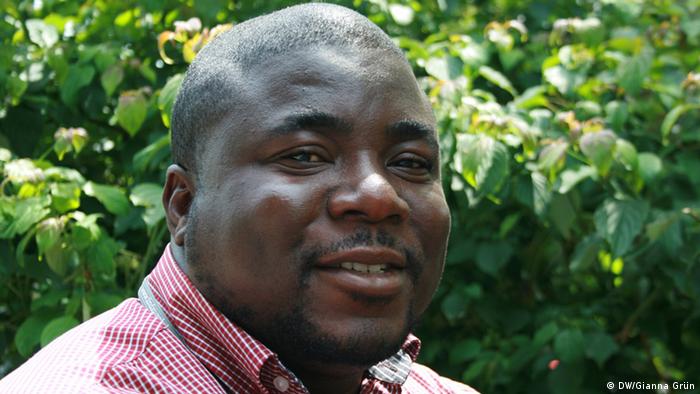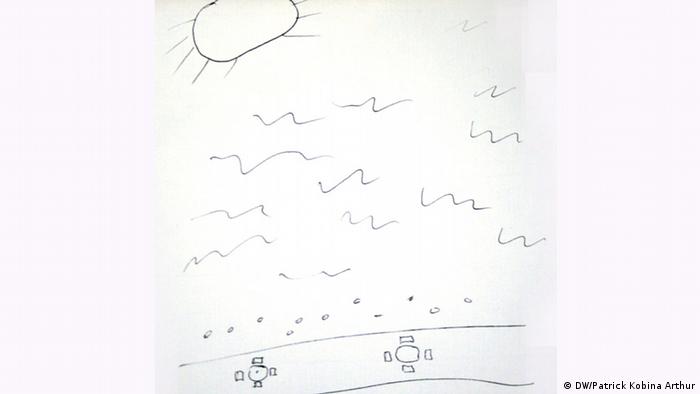Decoupling R&D from Manufacturing: A case for #OPEN-SCIENCE in the concept of next-generation PHARMA and BIOTECH corporate strategy.
------------------------------
Why Do I Say This?
------------------------------
It is time for the scientific community and the Pharma and Biotech companies to join forces and rethink corporate strategies. The current proprietary and patent-based R&D system is both time and capital intensive. Imagine a world where all R&D activities are completely open and governed by the creative commons IP protection. When a product is ready for production, the whole community selects the company to carry out manufacturing and sales. Profits are nicely distributed to keep the cycle of innovation going. Why should billions of dollars be wasted on risky R&D enterprises which in turns prohibits the "not-so-profitable" products like drugs and diagnostics for most tropical diseases? The difficult human condition especially in developing countries demands a new paradigm OPEN-SCIENCE which ensures that both profit-oriented companies and not-for-profit collaborative R&D enterprises exist in harmony.
------------------------------
Why Do I Say This?
------------------------------
It is time for the scientific community and the Pharma and Biotech companies to join forces and rethink corporate strategies. The current proprietary and patent-based R&D system is both time and capital intensive. Imagine a world where all R&D activities are completely open and governed by the creative commons IP protection. When a product is ready for production, the whole community selects the company to carry out manufacturing and sales. Profits are nicely distributed to keep the cycle of innovation going. Why should billions of dollars be wasted on risky R&D enterprises which in turns prohibits the "not-so-profitable" products like drugs and diagnostics for most tropical diseases? The difficult human condition especially in developing countries demands a new paradigm OPEN-SCIENCE which ensures that both profit-oriented companies and not-for-profit collaborative R&D enterprises exist in harmony.
In today's scheme of business, that is utopian. But think of the future. The story of drug development is absurd, 8-12 year journey and 10 Billion dollars with 10% success rate. Not all disease conditions can be worth that effort. This is why a change of model to shift the competition to the manufacturing and distribution phase and leave the discovery and development is worth considering. In the future of P4 personalized medicine, we are not going to need blockbuster drugs anymore. This approach I am discussing will make the process cheaper and faster. The ideal drugs of the future will be too complicated to be done the same old way. Actually "Capitalism is also dying fast". So is monodisciplinary. As I learnt this week, all the problems that be solved by single disciplines are all solved so we are in the new era of inter-disciplinarity. Open-Science is all about interdisciplinarity and collaboration.

